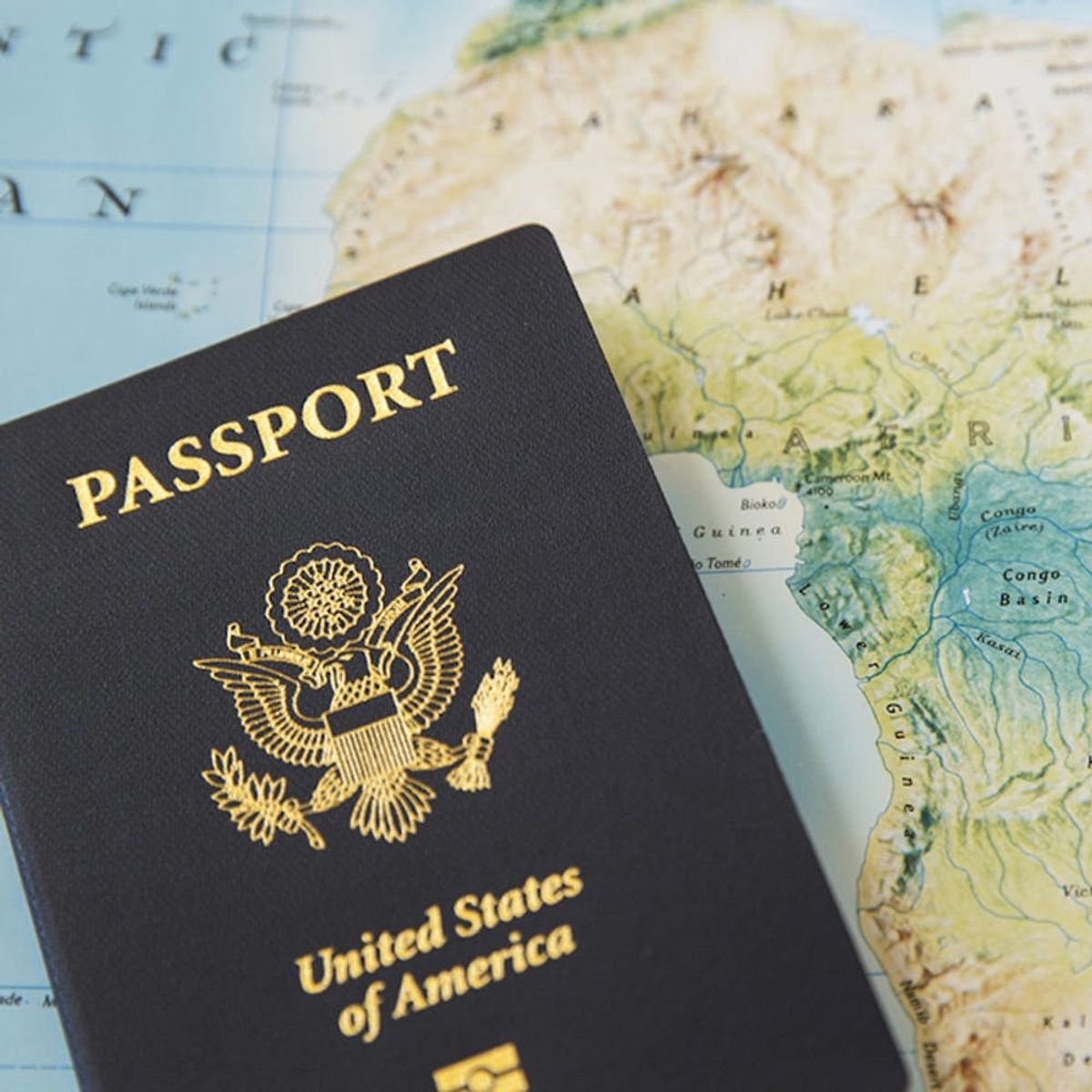Canada’s doing it. When will we?
This Country Just Got Gender-Neutral Passports — Will the US Follow Suit?

The LGBTQ+ community in Canada is celebrating a move by the country’s government to make gender-neutrality an option for Canadian passport holders. Instead of identifying themselves as strictly male or female, people who identify outside of or somewhere on the spectrum between these two categories will be given a third option. In addition to using the “M” for male and “F” for female, they’ll also be allowed to use an “X.”

“Canada is taking an important and positive first step by acknowledging the challenges faced by non-binary, intersex and trans individuals,” Helen Kennedy, an LGBTQ+ rights organization director, told The Guardian. “Many people will benefit from having the option of choosing ‘X’ as their gender when they go to file for their passport.”
“All Canadians should feel safe to be themselves, live according to their gender identity and express their gender as they choose,” explained Canada’s Minister of Immigration, Refugees and Citizenship, Ahmed Hussen. “By introducing an ‘X’ gender designation in our government-issued documents, we are taking an important step towards advancing equality for all Canadians regardless of gender identity or expression.”
The big question is: Does the gender-neutral “X” option really go far enough? If Canadian passport holders (or passport holders from countries like Australia, Denmark, Pakistan, Germany, Malta, and New Zealand where the “X” is also in use) are permitted to keep information about their gender semi-private, then why not get rid of gender identification on passports altogether?
The “X,” while a definite step in the right direction, still singles out the people it’s meant to help and could, in some places that are hostile to the LGBTQ+ community, unintentionally put them in danger. Instead of a third gender-neutral category, how about getting rid of gender information on government-issued IDs entirely?
What do you think about information about gender being used on government identification? Let us know on Twitter.
(Photo via Kelly Sikkema/Unsplash)



















